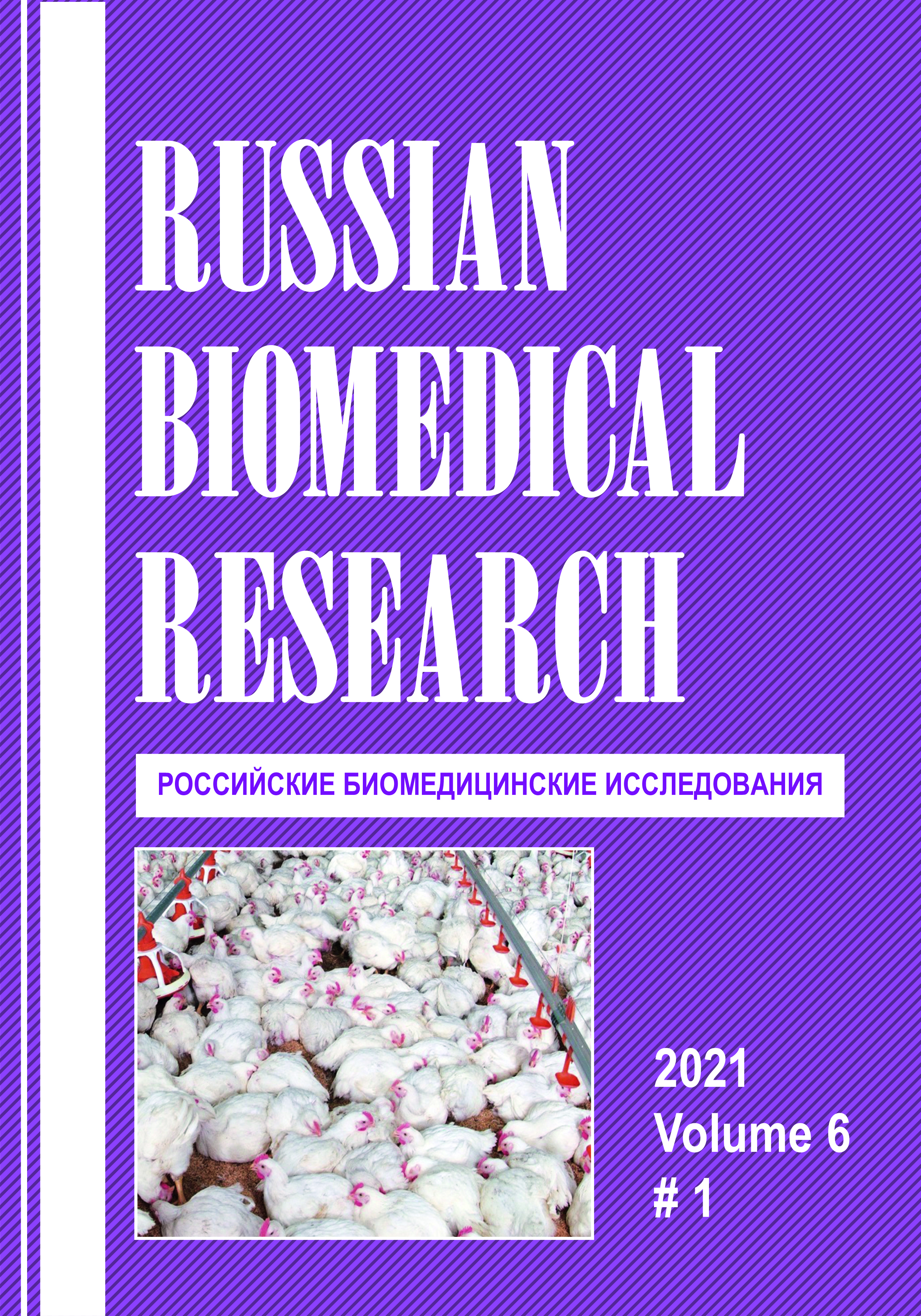РОЛЬ МИКРОБИОТЫ КИШЕЧНИКА В ПАТОГЕНЕЗЕ БОЛЕЗНИ ПАРКИНСОНА
Аннотация
Болезнь Паркинсона (БП) - медленно развивающееся нейродегенеративное заболевание, в основе которого - поражение нервных клеток ствола головного мозга. По частоте встречаемости среди нейродегенеративных заболеваний БП занимает второе место после болезни Альцгеймера (БА). Патогенез БП неразрывно связан с осью микробиота кишечник мозг, составляющими компонентами которой являются центральная нервная система (ЦНС), нейроиммунная и нейроэндокринная системы, парасимпатический и симпатический отделы вегетативной нервной системы (ВНС) и микробиота кишечника. В обзоре особое внимание уделяется участию нарушений микробиоты кишечника в формировании БП. В настоящее время баланс оси микробиота кишечник мозг является одной из самых актуальных тем как в фундаментальной медицине, так и в клинической практике. Особое внимание в исследовании фундаментальных закономерностей развития БП необходимо уделять совершенствованию методов ее экспериментального моделирования. Среди химических веществ, используемых при моделировании БП, на первом месте «стоит» пестицид ротенон, который лучше остальных приводит к развитию похожих на БП изменений у животных в эксперименте. Новые экспериментальные и клинические данные о роли оси микробиота кишечник мозг в патогенезе БП позволяют обосновать целесообразность исследования возможности трансплантации фекальной микробиоты для лечения БП.



